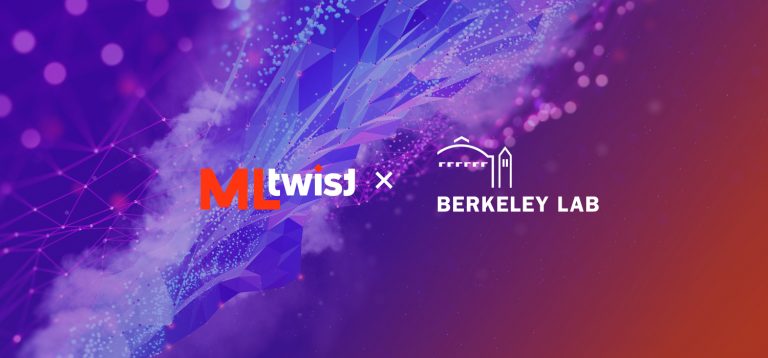02
Jun

Microscopy data is being generated at unprecedented volume across the US. However, due to the lack of tools adhering to FAIR data principles, this data frequently goes unused by the research community. New innovations in microscopy instrumentation, greater complexity of experiments and science projects, new detectors and automation are increasing data generation and computing demand by orders of magnitude. This has created a need for tools to extract science from the data that can keep up with the speed of new microscope innovations. In order to solve this important issue, MLtwist is partnering with Lawrence Berkeley National Laboratory, in conjunction with United States Department of Energy subject matter experts in microscopy, to build the next generation of data analysis tools/ tooling.
MLtwist’s approach will provide a user-friendly web interface to: a) Enable findability by performing data classification, tagging, annotating, latent space exploration through deep learning methods for extracting image signatures. b) Leveraging MLtwist’s partnership with Google Cloud, accessibility will be provided by using GCP’s identity platform to easily extend authorization rules. c) measure key metrics such as interoperability and performance for realistic dataset sizes and ensure the capability to quickly handle petabytes of data. d) Provide a conduit for tagging and annotation to be reused in additional research when desired by the data owner. The research component of solving these challenges will be key to ensuring the success of this FAIR data management software tool. MLTwist will leverage their deep experience in commercializing integrated labeling solutions to accomplish in Phase i: 1) building a UI which can sort and classify data, 2) Integrating with at least one data source provider, 3) Enabling the annotation of this data through a front end interface.
“We are pleased to be partnering with MLtwist to deliver a much needed layer of automation to microscopy research. Research tools such as MLExchange will benefit greatly from integrating with this type of solution.”
Dr. Alexander Hexemer, Senior Staff Scientist, Lawrence Berkeley National Laboratory
“We are thrilled to have won this deal,” said Mina Pichavant, Program Director at MLtwist. “Thanks to our partners at DOE, we are able to bring MLtwist’s technology to the energy industry.”
According to AIP Conference Proceedings 1741, 050001 which was co-authored by Dr. Krishnan, data scientists spend over 50% of their time managing and post-processing data, with little time left to measure and experiment. Once developed, the interface will enable the DOE and energy corporations to save the billions of dollars and millions of hours that are currently lost to inefficiencies. Academia research institutions along with key industry companies in semiconductors, chemical engineering, microscopy manufacturers, and environmental agencies are natural customers for this solution.
Subscribe us and get latest news and updates to your inbox directly.
The Ultimate Guide to AI Data Pipelines: Learn how to Build, Maintain and Update your pipes for your unstructured data

